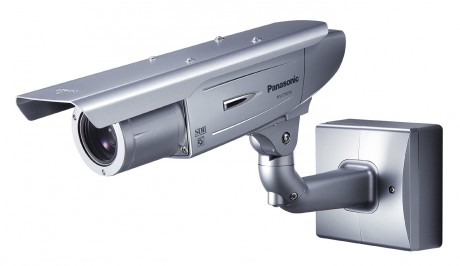Those expressing concern that video surveillance law might be passed without appropriate public scrutiny need to understand that the Justice and Electoral Select Committee has already examined the issue and heard numerous public and expert submissions on it, Police Association President Greg O’Connor said.
“The Search and Surveillance Bill was introduced in 2009 following the Law Commission’s 2007 report on the issue. That Bill addresses the issue – that, currently, there is no affirmative law allowing and regulating use of video surveillance – by introducing a surveillance device warrant regime. That means, once the Bill is passed, Police will apply for a warrant to use video in the same way they do for a search warrant or interception warrant,” Mr O’Connor said.
Mr O’Connor noted that passing an urgent temporary measure to suspend the effect of the judgment would not mean Police gain new powers to film people on private property.
“Police have always needed a warrant to enter private property for purposes such as placing a camera. Police do not have carte blanche to go around placing secret cameras in people’s homes and the urgent law change proposed would not give such a power,” Mr O’Connor said.
NZPA | Tue September 20th, 2011
Source: NZ Police Association
Read the full article at: http://www.policeassn.org.nz/
newsroom/publications/media-releases
Image: losangelessecuritycameras.com
- Stand Up for the Rule of Law
- No Grounds for Knee-jerk Law Change
- Labour Won't Support Surveillance Fixit Law
News category: Features.




